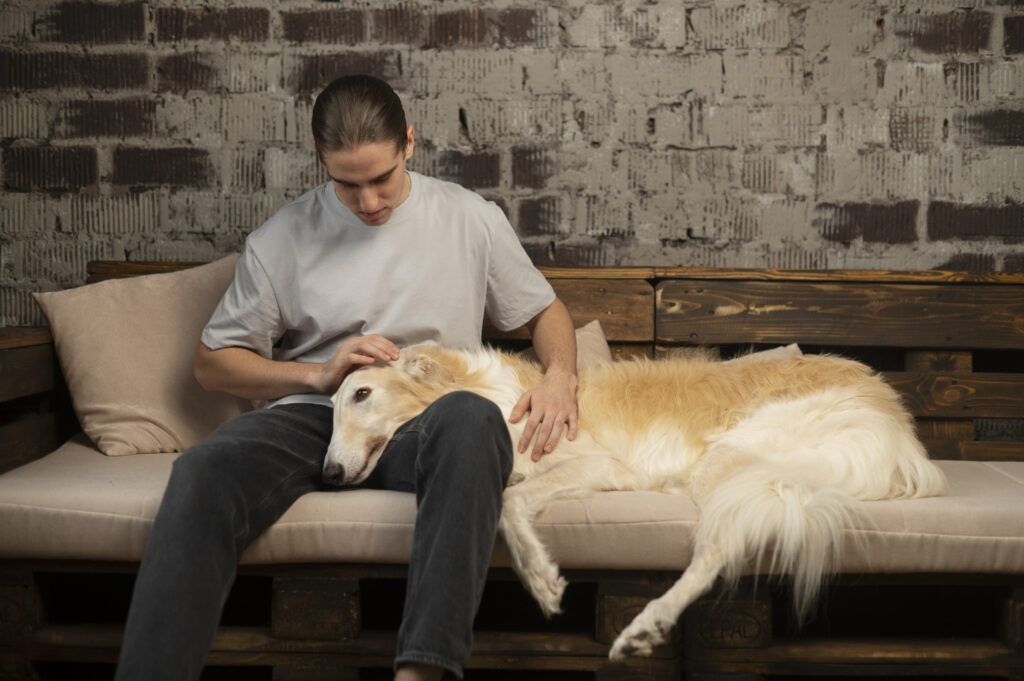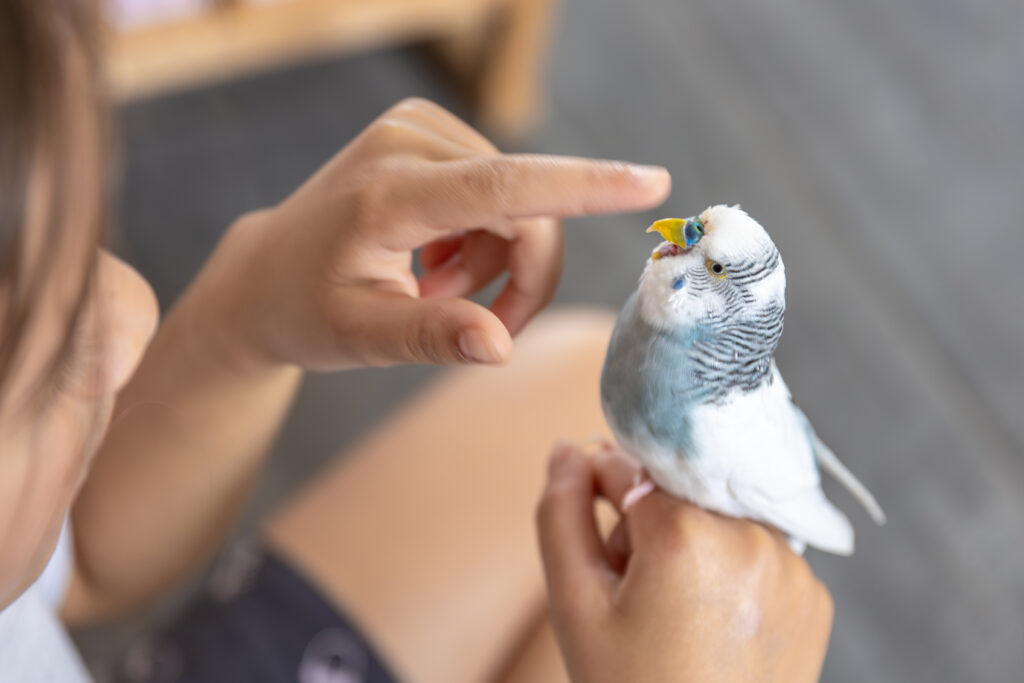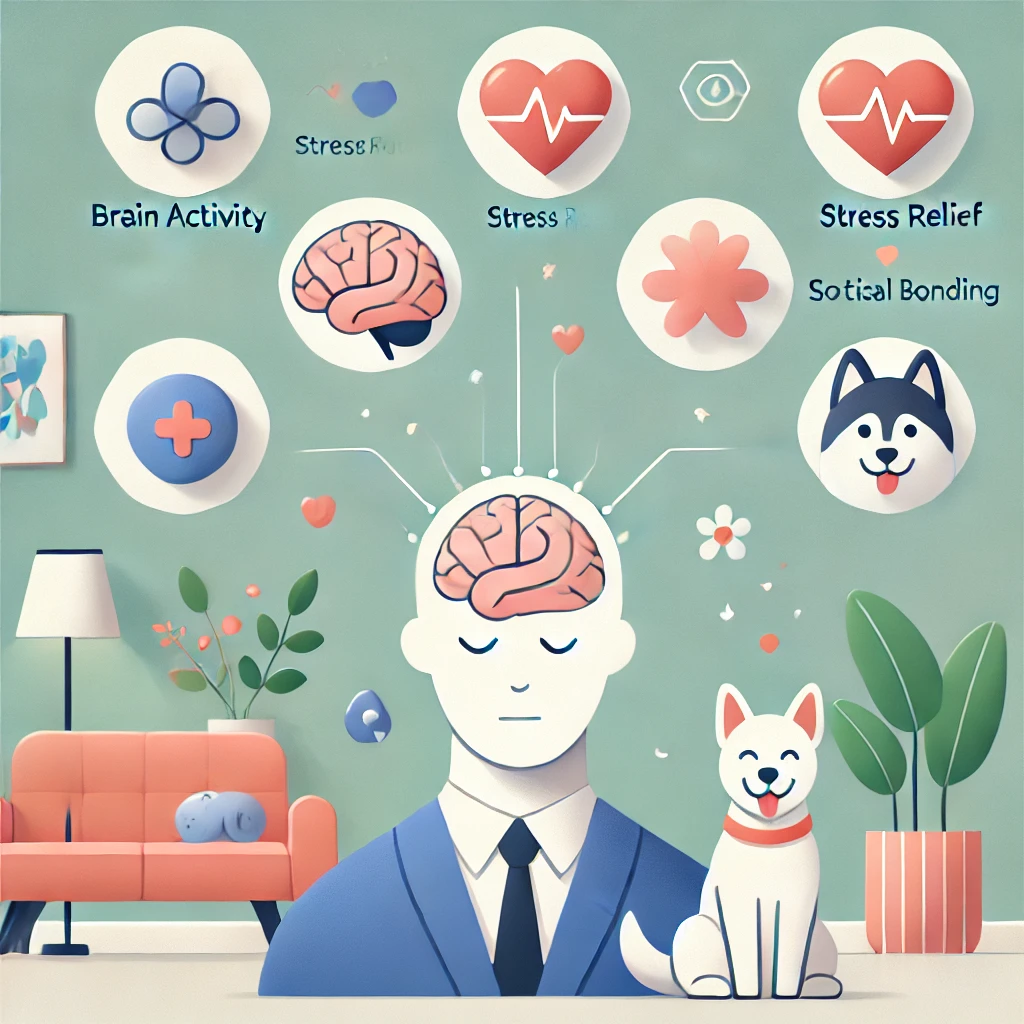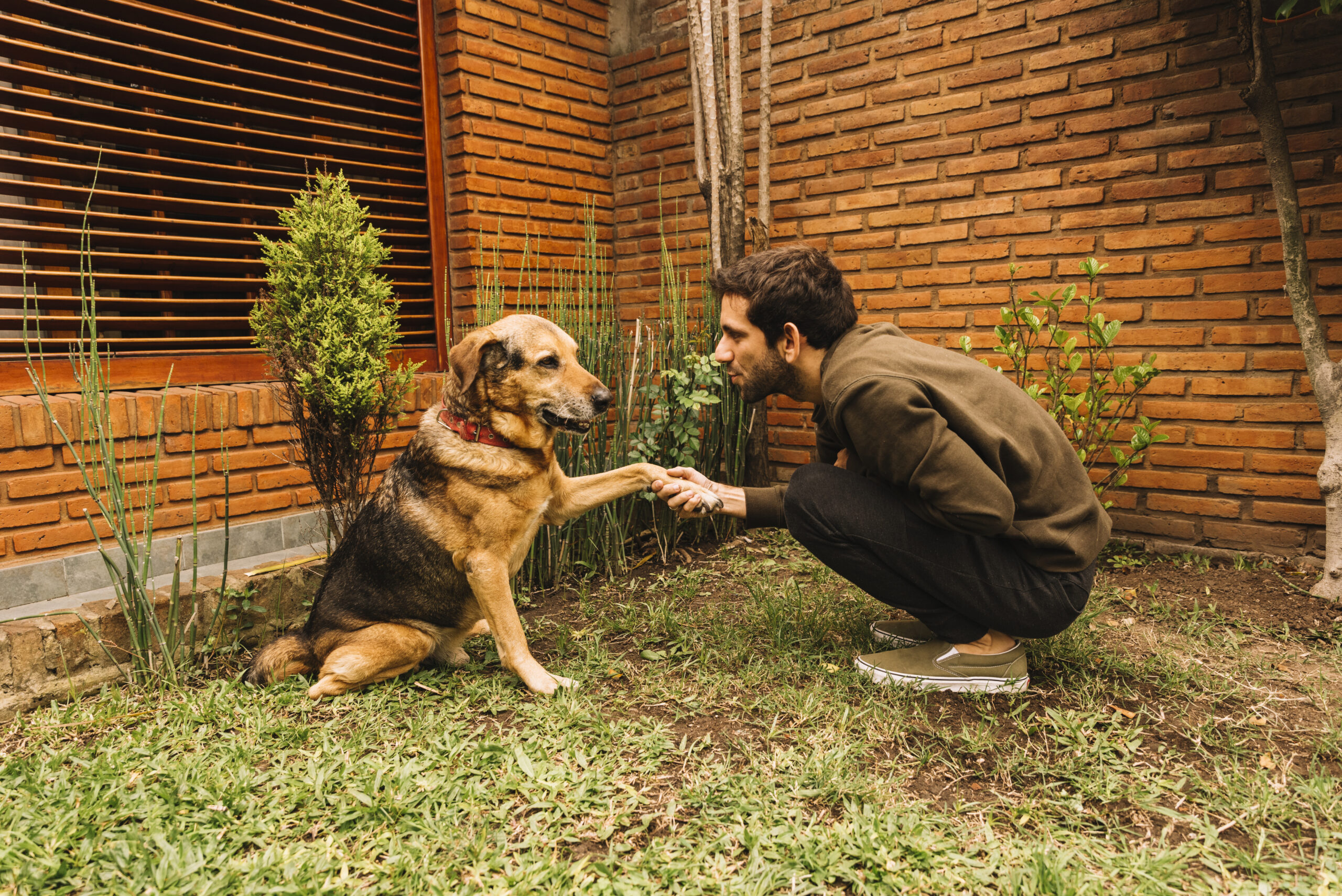Social anxiety can create overwhelming barriers to everyday life, making interactions challenging and exhausting. While traditional therapies like cognitive behavioral therapy (CBT) and medications are effective, therapy animals provide a complementary approach. This guide explores how therapy animals help ease social anxiety, practical techniques for using therapy animals, and the science behind their effectiveness.

1. How Therapy Animals Aid in Social Anxiety Treatment
Social anxiety is more than just shyness; it can lead to intense fear and avoidance of social situations. Therapy animals, with their calming presence, can offer support in ways that feel non-judgmental and comforting. By providing consistent companionship and reassurance, therapy animals help reduce anxiety and create a safe environment for personal growth.
2. How Therapy Animals Support Social Anxiety Treatment and Emotional Well-being
Therapy animals can significantly improve emotional well-being. Research indicates that interacting with animals can reduce cortisol (the stress hormone) and increase serotonin and dopamine, chemicals associated with happiness and relaxation.
- Emotional Benefits: Therapy animals provide non-judgmental companionship, helping people feel valued and safe in social situations. Just petting or being near an animal can reduce stress and foster a sense of calm.
- Stress Reduction: The act of caring for an animal can shift attention away from anxious thoughts and onto something grounding. Dogs, cats, and even smaller animals like birds create a comforting presence that naturally lowers stress levels.
Related Post: Discover how dogs offer emotional support in therapy.
3. Effective Techniques for Social Anxiety Treatment with Therapy Animals

Animal-Assisted Exposure Therapy for Social Anxiety
Exposure therapy, commonly used for treating social anxiety, involves gradually facing social fears. Having a therapy animal present during these exposures can make the process less intimidating and more manageable. For example, a therapy dog can accompany someone to social events or public places, providing a “safe” presence.
- Practical Example: For someone uncomfortable in group settings, attending events with a therapy dog can help them gradually build confidence in those situations.
Building Social Confidence with Therapy Animals
Engaging with therapy animals helps individuals practice communication in a low-stress setting. For example, talking to or playing with a therapy cat can help individuals get comfortable expressing themselves, which can transfer to social situations with people.
- Related Post: Learn more about the benefits of cats for emotional support.
Mindfulness Exercises in Social Anxiety Treatment
Animals are naturally grounding, and their presence can be used to practice mindfulness. Guided exercises that involve focusing on an animal’s breathing, fur texture, or movements can reduce anxious thoughts. Birds, for instance, are excellent for this as their gentle, repetitive movements encourage relaxation.
- Related Post: Explore the benefits of birds in therapy to learn more about their calming effects.
4. Choosing the Best Therapy Animals for Social Anxiety Treatment
Different animals bring unique qualities to therapy, and it’s essential to choose the right companion for specific therapy goals:
- Dogs: Known for their loyalty and comforting presence, dogs are especially effective in reducing social anxiety. Their adaptability to new environments makes them ideal companions in various settings.
- Cats: Cats offer calm, quiet companionship, making them a suitable option for people who may feel overwhelmed by overly active animals.
- Birds: Birds provide a serene and calming presence, perfect for individuals who benefit from gentle stimulation. Their presence can bring a sense of peace and routine.
- Horses: Horses, used in equine-assisted therapy, respond to subtle human cues, helping individuals understand their own emotions and communication style.
Related Post: Learn more about the therapeutic benefits of horses in mental health treatment.
5. The Science Behind Therapy Animals in Social Anxiety Treatment

Animal-assisted therapy has been studied for its psychological and physiological benefits. Here’s what the research says:
- Psychological Theories: The “biophilia hypothesis” suggests humans have an innate bond with nature and animals, which reduces stress. Animal-assisted therapy taps into this connection, providing a natural remedy for social anxiety.
- Physiological Effects: Interaction with animals can trigger the release of oxytocin, known as the “bonding hormone.” This release creates feelings of trust and relaxation, which are essential for overcoming social anxiety.
Explore scientific studies on animal therapy and mental health.
6. Final Thoughts on Social Anxiety Treatment with Therapy Animals
Therapy animals provide a unique pathway to easing social anxiety. They offer companionship, grounding, and a non-judgmental presence that supports personal growth in social situations. Whether you prefer a therapy dog’s loyal nature, a cat’s calm companionship, or even the serene presence of a bird, therapy animals can be powerful allies on the journey toward social confidence.
If social anxiety affects your life, consider animal-assisted therapy as a complementary treatment. Therapy animals can help you build social comfort, develop confidence, and experience the joys of human-animal connection.

